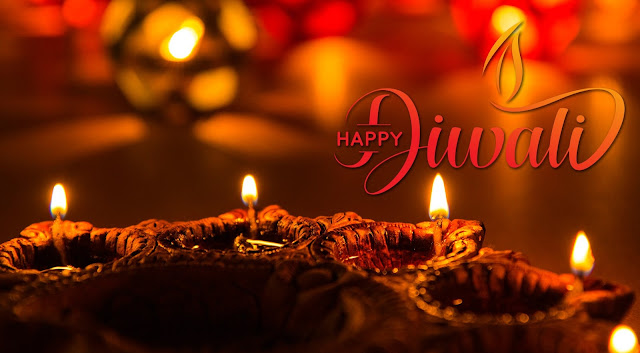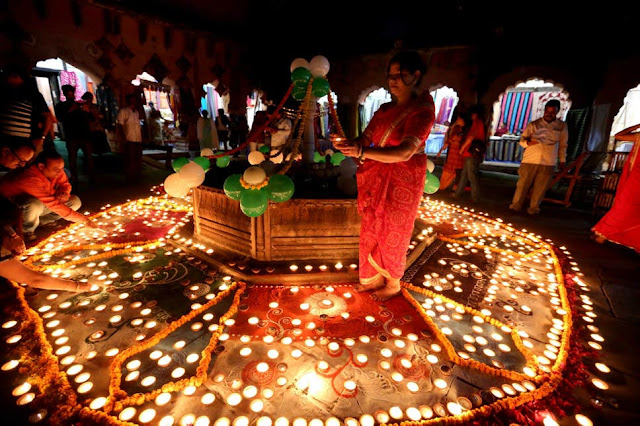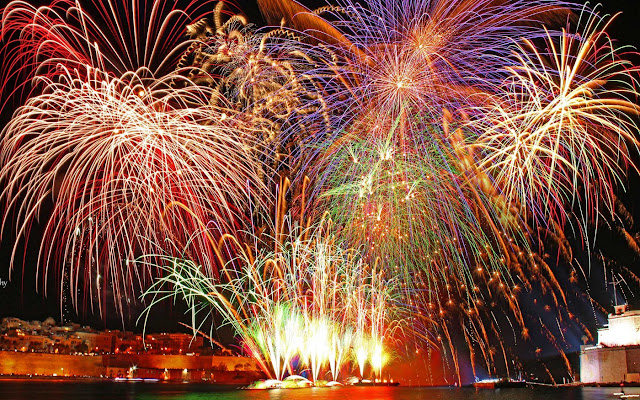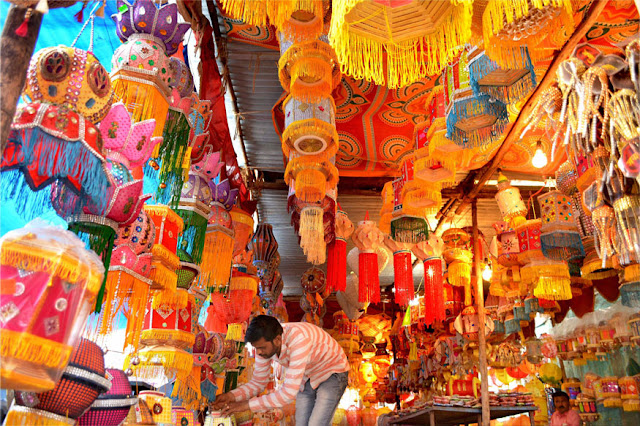Diwali Celebration A Guide To Festival Of Lights
People in every nook and cranny of the country welcome the festival with enthusiastic gestures. This wonderful festival is the celebration of five days. On the third day of the celebratory occasion, the key rituals of the Diwali festival take place. Lighting of Diyas and candles all around the house, worshipping the Laxmi Ganesha to summon health and wealth and bursting crackers are the chief rituals of the festival.
In addition to that, the exchange of heartfelt gifts during Diwali these days have become a mandatory part of the celebration. Friends, families, and colleagues share with each other Diwali gifts as a gesture of showing love and affection. Also, special and grand feast with delicious food that mandatorily includes different varieties of sweets is the special attraction of the occasion.
Diwali, or Dipawali, is India's biggest and most important holiday of the year. The festival gets its name from the row (avali) of clay lamps (deepa) that Indians light outside their homes to symbolize the inner light that protects from spiritual darkness. This festival is as important to Hindus as the Christmas holiday is to Christians.
Over the centuries, Diwali has become a national festival that's also enjoyed by non-Hindu communities. For instance, in Jainism, Diwali marks the nirvana, or spiritual awakening, of Lord Mahavira on October 15, 527 B.C.; in Sikhism, it honors the day that Guru Hargobind Ji, the Sixth Sikh Guru, was freed from imprisonment. Buddhists in India celebrate Diwali as well.
Diwali is the Hindu festival of lights which is celebrated every year in the spring season according to Southern hemisphere (autumn in Nothern hemisphere). Diwali is also known as Deepavali and its the same celebration of light across the country. Diwali is a festival which is celebrated nation wide.
Diwali is one of the most popular festivals of Hinduism, its spirituality signifies “The victory of the light over the darkness”, “Good over the evil”, “Knowledge over the ignorance” and ” Hope over Despair”.The celebration of this festival mainly includes millions of lights which will be shining on the house tops, near doors, windows, and in countries where ever it is observed.
The preparations and rituals of this festival extend up to five days. But the main festival of Diwali is celebrated in the night and this coincides with the new moon night of the Hindu Lunisolar month which we all knew it as “Kartika mass”. The Diwali night falls in the months between mid-October to mid-November.
Before Diwali people actively participate in homely works such as cleaning the house, renovating, decorating etc. On this Diwali night, people dress up themselves with new traditional clothes or may be with the outfits which comfort them, light up lamps and candles( diyas) inside of their respective homes and at outdoors also. The whole family members participate in prayers typically to Goddess Lakshmi Devi – goddess of prosperity. This day after prayers to goddess crackers are burnt and followed by family feast which includes the exchange of sweets and many more food items.
The name and festivals of this festival vary significantly among Hindus mainly. In various parts of India, the Diwali festival starts with Dhan teras on the very first day, Naraka Chaturdashi on the second day, Deepavali on the third day, Diwali Padva on the fourth day which is specially dedicated to wife-husband relationship, & the last is Bhai-Dooj which is dedicated to sister-brother bond, fifth day.
On this celebration of Diwali night which is celebrated by Hindus at the same time, Jains celebrate a festival also called Diwali to mark the attain Moksha by Mahavira, Sikhs celebrate Bandi Chhor Divas and Newar Buddhists, Unlike the Buddhists majority.
History of Diwali
Diwali dates back to older or ancient times in India, the festival which is celebrated in the summer in the month of Kartika which is between mid-October to mid-November.Diwali is mentioned in the Sanskrit scriptures or texts such as Padma Purana and Skanda Purana in the 1st millennium AD but it is believed to be expanded from core scripture or text.
Hindu’s of many regions associate Diwali with the legend of Yama & Nachiketa on Diwali night which is also known also Kartika Amavasya. The story is all about Right versus wrong, true wealth versus transient wealth, Knowledge versus ignorance which has been recorded in Katha Upanishad composed in 1st millennium BC.
Kind Harsha of the 7th century mentions Deepavali or Deepapratipadutsava as Deepa= light, Prati pada = first day, Ustava = festival. where lamps and candles were lit and newly engaged brides and grooms were offered gifts. The traveller of Persian and historian biruni wrote Deepavali being celebrated by Hindus on new moon day of the month of kartika.
Significance
Diwali is celebrated as one of the happiest holidays in India and in Nepal as well with proper rituals and preparations. Before Diwali people actively participate in homely works such as cleaning the house, renovating, decorating etc.
On this Diwali night, people dress up themselves with new traditional clothes or may be with the outfits which comfort them, light up lamps and candles( diyas) inside of their respective homes and at outdoors also. The whole family members participate in prayers typically to Goddess Lakshmi Devi – goddess of prosperity. This day after prayers to goddess crackers are burnt and followed by family feast which includes the exchange of sweets and many more food items.
Diwali in India and in Nepal is one of the biggest shopping season where people tend to buy new clothes according to their comfort, will and etc. Not only shopping is done for their own but also clothes are bought for family members and also home appliances, gifts for family members, kitchen utensils, even expensive cars and jewellery are bought.
People offer sweets, dry fruits, and seasonal specialities to family members and also for friends. It is the time where family and friends make time for each and celebrate it happily with crackers. It is also a moment where children’s get a chance to listen to ancient stories about why Diwali is being celebrated.
Spiritual significance of Diwali
This Diwali is celebrated as the asura means demon Narakasura was killed by lord Krishna, Satyabhama, and kale on this very day. Diwali is celebrated in early morning rituals and preparations followed. Diwali is celebrated in Telangana, Andhra Pradesh, Tamil Nadu, Goa and Karnataka.
Diwali is celebrated by Hindus, Jains and Sikhs to mark various historical events. and the stories which symbolize victory of light over the dark. This festival is the celebration of inner light over the spiritual darkness.










0 Comments